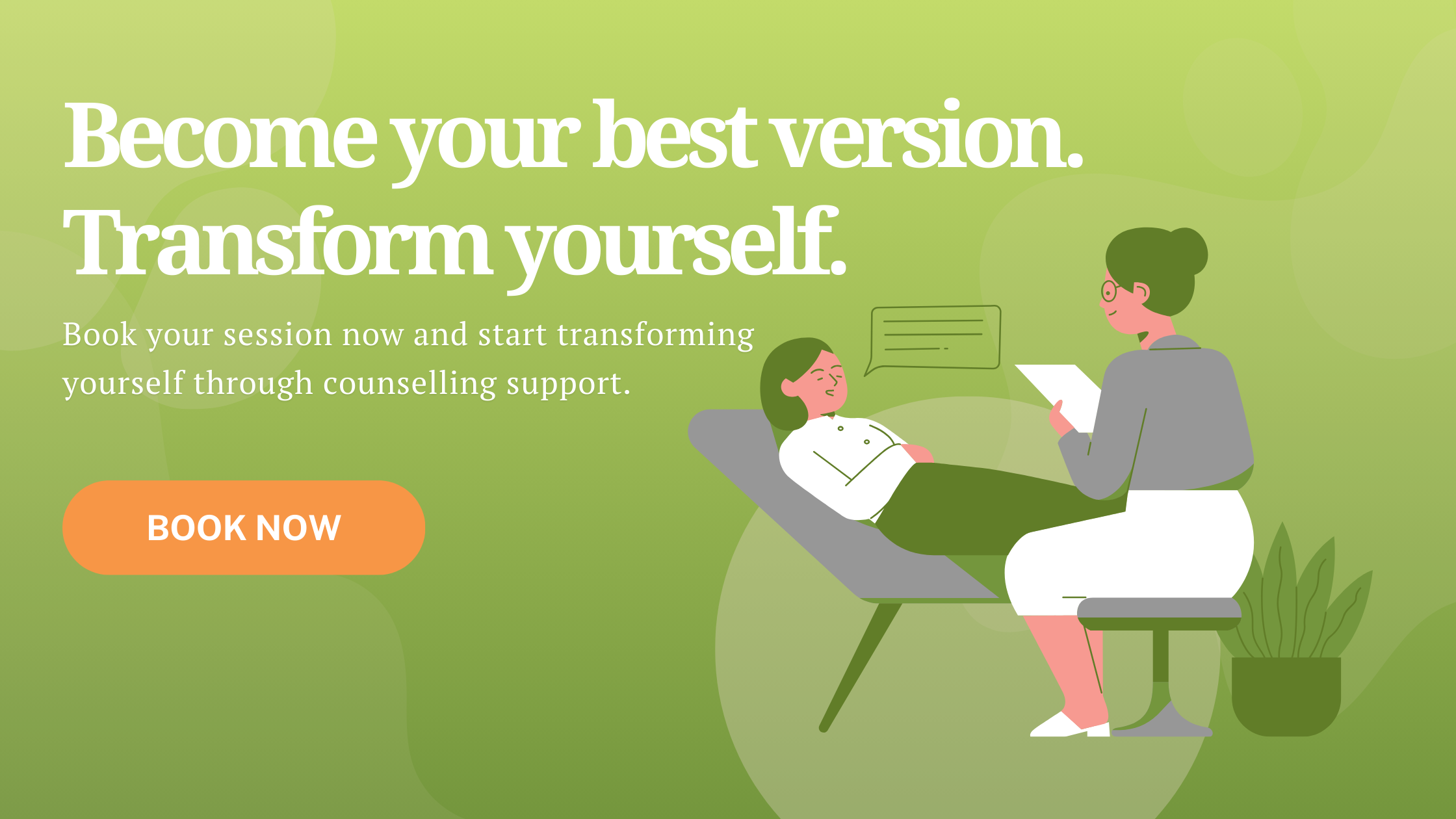
Have you ever faced a situation where someone repeatedly violated your boundaries? Just ignored the limits you have set, despite your clear communication, and crossed the line again? Frustrating, right?
Relationships are extremely important for our well-being as humans. And yet, the vast majority of us have never been taught how to build and nurture healthy relationships.
One of the most important relationship skills is knowing how to set and reinforce healthy boundaries. Do you know how to do it? In THIS article, we explained in detail what personal boundaries look like and how to set them. But the question many people struggle with is – how to maintain my boundaries? How to hold my ground and protect my boundaries when someone repeatedly violates them?
“Boundaries are personal limits we define and communicate about what we will and will not tolerate. They are like guidelines for other people about which behaviours are welcome in interaction with us and which are not.”
Healthy boundaries are crucial for our well-being and a key part of any healthy relationship. They allow us to take ownership of our own lives and shape our relationships.
Setting boundaries is a skill that requires self-awareness, communication skills and, sometimes A LOT of emotional regulation. This is because many of us have been raised to (falsely) believe that:
pleasing others = kind & good
and
honouring our own needs = selfish & bad.
Thus, it is not surprising that many people find setting boundaries with others new and scary. But setting boundaries is not the hardest part. Sometimes, some people won’t respect them, and this is where it becomes really tricky. They may get angry, passive-aggressive, disappointed, they may try to manipulate or guilt-trip you into changing your behaviour, or just blatantly ignore what you have communicated and repeat unacceptable behaviour.
So, what do you do?
You need to respect your own boundaries for others to respect them as well
“What is important to understand is that, as much as boundaries sound like they are directed at others, they are, first and foremost, about you.”
Boundaries are not about making other people behave in a certain way. This is not within your power. Rather, boundaries are about making an agreement with yourself about what you will and will not tolerate. Thus, they are much more about your inner work, about how you relate to yourself, about giving yourself permission to respect and honor your wants and needs, than about how you communicate with others.
It may not be fair, but it is your responsibility to respect the boundaries you have set as much as it is the other person’s responsibility. This is also where your power lies. You are not left to the mercy of the other person’s will to change their behavior – you have the right to decide what is best for yourself in response to their behavior.
If someone is crossing your boundaries, you have several options, including:
- Restating the boundary
- Enforcing the consequences
- Accepting their behavior and reshaping the boundary
- Disengaging/distancing yourself from the relationship
How to maintain your boundaries effectively
Often, when a boundary is crossed, people feel helpless or get angry and frustrated, but don’t know what to do beyond that. They may end up explaining their boundaries again (which is okay – some people need to hear it more than once to adjust to new behavior. However, remember that you are not obliged to repeat or explain more than once if you don’t want to). But if boundary violation is not followed by a consequence, it essentially communicates that your boundaries are flexible and that you will tolerate said behavior (because, well, you do).
Setting boundaries consists of two crucial components:
words (expressing how you would like to be treated) and
actions (consequences if the boundary is not respected).
If any of these components is missing, your boundaries are not complete nor stable.
For example, you have communicated to someone that you don’t appreciate them being late every time you meet. You tell them that, next time, you will wait for them for 15 minutes, no more than that. If the next time they are late again, and you are still there when they show up 30 minutes later, your actions are not in line with the boundary you have communicated. Supporting your own boundary means leaving after 15 minutes of waiting.
Thus, violations of your boundaries should be met with clear communication of what your boundaries are and then consistent consequences you have set. Take the time to know your boundaries, state them directly to those involved, and protect them with your actions.
Important: when setting boundaries and consequences for their possible violation, only communicate those that you are ready to follow through. Otherwise, your boundaries may sound like (empty) threats, and this is not beneficial. Boundaries are not there to manipulate others into doing what we want but to openly communicate how we genuinely believe we deserve to be treated.
Just because you’ve let others cross your boundaries doesn’t mean you need to keep doing it
As children, we may have learned to allow crossing our boundaries because we were helpless and depended on the big people in our lives for survival. But as adults, unless in extreme situations, we have the power and responsibility to properly defend them.
And although it may sound simple, it is far from easy. It takes self-love and self-respect to believe and behave in a way that reflects:
“I will not tolerate such behavior. This is not what I deserve. I have the right to express my preferences and needs, and to honor them”.
Knowing your basic rights and also what is your responsibility and what is not can help you feel a little less awkward about keeping boundaries. When you choose to fully accept and believe in these rights and responsibilities, it becomes much easier to set and reinforce your boundaries.
Remember that:
- It’s not your responsibility to make other people happy all the time
- You are not responsible for others’ poor decisions nor is anyone responsible for your decisions
- It’s not your job to rescue people from their big uncomfortable feelings
- You don’t need permission to be who you are, think what you think, or care about your needs
- You have the right to feel your feelings, whatever those are. Behaviors and feelings are not the same things
- You have the right to say NO
- It’s okay to spend time alone without explaining yourself
- It’s okay to honor your needs and wants
What if someone keeps crossing my boundaries?
Sometimes, despite clear communication, multiple warnings, and a change of behavior from your end, some people will keep pushing your boundaries. Whatever their reason may be for that, remember that you have permission to choose what’s best for you and your well-being.
It can be useful to ask yourself: “If things stay exactly as they are right now and never change (and it seems like they won’t), what can I do to protect my well-being?”
Maybe you conclude that this boundary is something negotiable and that you are willing to make an exception with this person. It’s okay – your boundaries can be flexible. You are the creator of boundaries in your own life and you have the right to shape them however you find is serving you. If you are willing to compromise, make sure that you are doing so with protecting your well-being in mind, not out of a sense of obligation or to please the other person.
Unfortunately, when someone is constantly crossing the boundaries that are very important to you, the best option may be to distance yourself from the relationship. It’s easier said than done, we know. Sometimes, for practical reasons, it may not be possible to end the relationship right now. Change and transition are often very difficult, even when we know the end result is something that will serve us. Ending relationships is painful, even the ones that don’t work well anymore.
Remember that a key trademark of any healthy relationship is respect, which includes respecting your boundaries. One of the great things about adulthood is that we have choices, especially in who we build relationships with and how we nurture them. You can choose your relationships, and it is perfectly okay to let go of those that don’t support your well-being.
In the end, keep in mind that setting and keeping boundaries is a skill. It can be uncomfortable, especially when you first start implementing them. It can also be triggering and intimidating to hold your boundaries and confront someone who is crossing them. You are practicing something different than what you’re used to – it’s completely normal if it feels awkward. It takes courage to enforce a new behavior and potentially face uncomfortable reactions from others or, eventually, distance yourself from the relationship.
The good news is that, over time, as you practice setting and holding boundaries, it becomes much easier and the reward it brings is priceless. So, hang on and commit – it will be worth it.
Interested in learning more about coaching or therapy? Contact us today.
Sources:
Tawwab, N. G. (2021). Set Boundaries, Find Peace: A Guide to Reclaiming Yourself. Penguin.
Gazipura, A. (2017). Not Nice: Stop People Pleasing, Staying Silent, & Feeling Guilty… and Start Speaking Up, Saying No, Asking Boldly, and Unapologetically Being Yourself. BC Allen Publishing & Tonic Books.
Faitakas, M. (2021). The Importance of Setting Boundaries. SMUJournal. Retrieved on 29th of May 2022 from HERE






